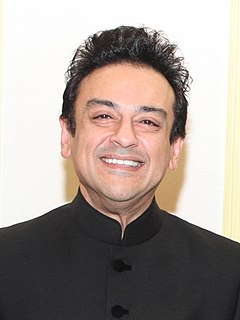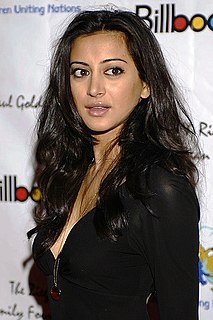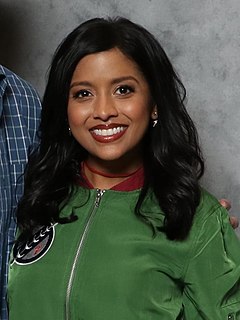A Quote by Hasan Minhaj
I exist in this hyphen. I'm an Indian-American-Muslim kid, but am I more Indian, or am I more American? What part of my identity am I?
Related Quotes
I had an Indian face, but I never saw it as Indian, in part because in America the Indian was dead. The Indian had been killed in cowboy movies, or was playing bingo in Oklahoma. Also, in my middle-class Mexican family indio was a bad word, one my parents shy away from to this day. That's one of the reasons, of course, why I always insist, in my bratty way, on saying, Soy indio! - "I am an Indian!"
We live in a trans period. Contemporary issues of sexuality, for example - the exciting aspects of them - have to do with transgenderedness. And there's trans-nationality. There are people like me, for example. I mean, what am I? Am I Indian? Am I American? And I'm not alone in being between things.
My first American ancestor, gentlemen, was an Indian-an early Indian. Your ancestors skinned him alive, and I am an orphan. All those Salem witches were ancestors of mine. Your people made it tropical for them. . . . The first slave brought into New England out of Africa was an ancestor of mine-for I am a mixed breed, an infinitely shaded and exquisite Mongrel.



































